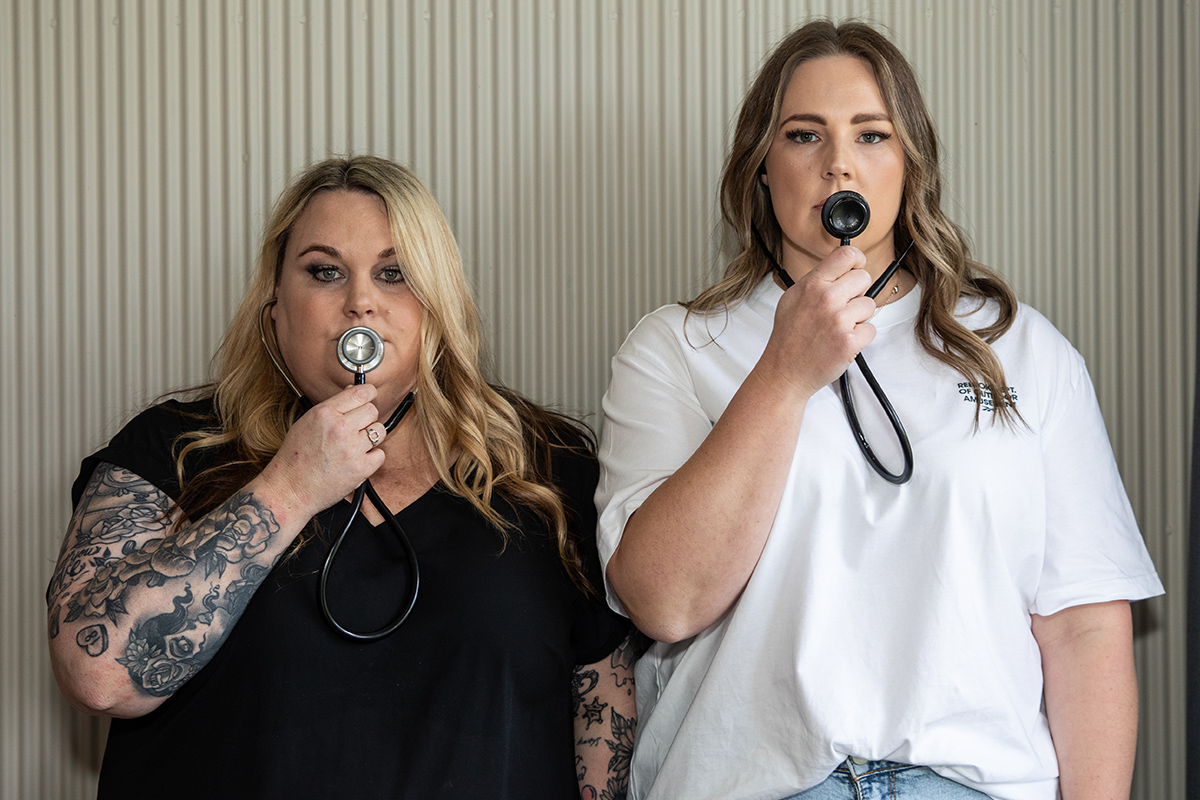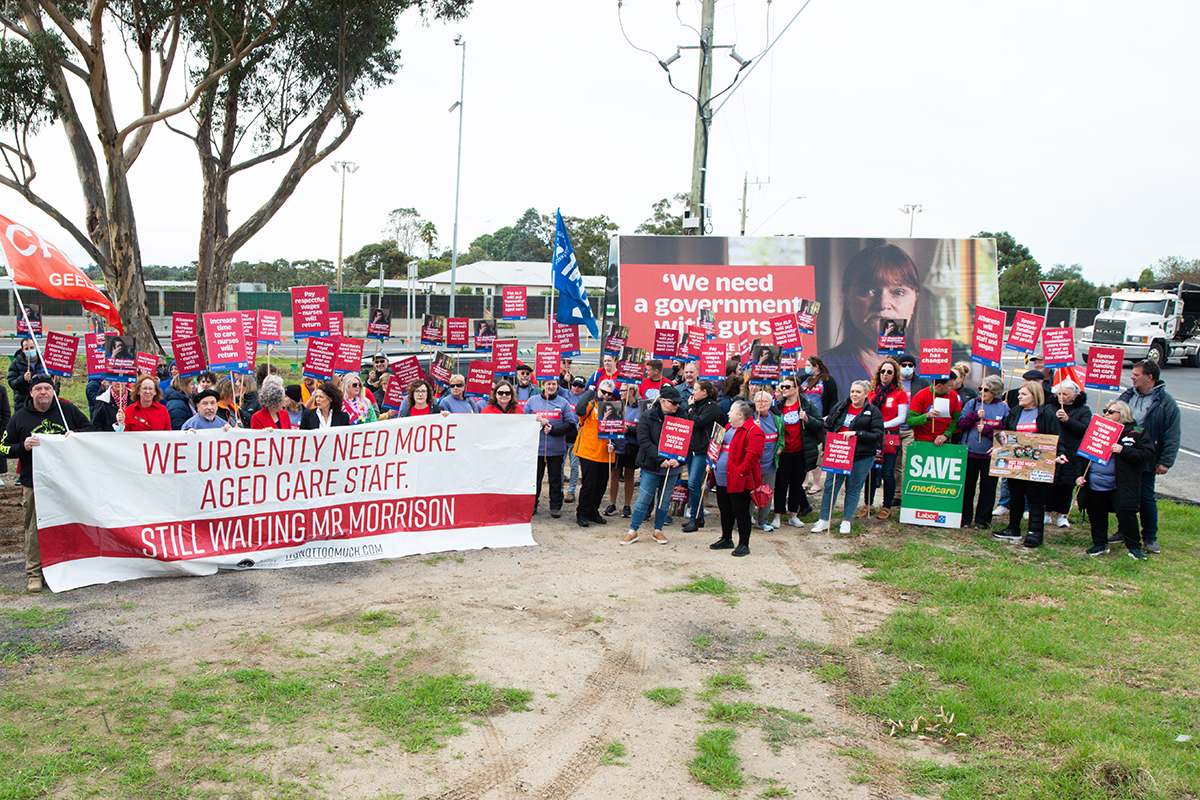
Lucy Gibson is undertaking her graduate year in a busy general medical ward at a regional hospital. She talks to Gradvine about her interest in environmental issues.
What made you interested in environmental issues?
I’ve been interested in environmental issues for a long time. I have a science degree and was an invertebrate biologist and ecologist for 15 years. Part of the projects I worked on looked at the impact of environmental changes, including habitat destruction and climate change on communities of invertebrates.
Since becoming a nurse, I’ve gained an interest in social justice and public health issues, and how they intersect with environmental issues. After my graduate year I hope to complete post-graduate study in public health to deepen my understanding of these issues.
Why should graduate nurses and midwives care about environmental issues?
Environmental issues can affect our patients and communities in many ways. For instance, the exacerbation of respiratory illnesses, such as asthma and COPD, from environmental pollutants such as cigarette smoke and car fumes.
I would like my fellow grads to think about all the disposable equipment we use daily. Where does it come from and where does it go when we’re finished with it? Often in sensitive environments taking thousands of years to degrade. Who hasn’t seen a distressing picture of a turtle or seabird dying due to plastic ingestion?
It might not affect us as individuals now but what about future generations? We are in a privileged position to do something now to help.
Climate change is a real and evolving issue that all nurses and midwives should be aware of. Consider extreme environmental events such as heat waves, floods, and cyclones. These are dangerous in themselves, but also have devastating impacts on communities.
Changing environments can also change the distribution of infectious diseases such as malaria.
Although these are big issues, our environment is not a lost cause. There are many small ways we can each make a difference at home or at work. Graduate nurses and midwives should feel reassured that they can be part of positive environmental change in many small and big ways.
Are you a member of your workplace green team?
Unfortunately, my hospital does not have a green team at present. From what I understand there was one, but it seems to have folded last year during COVID-19. I’m looking into how I can help get things going again soon. There is potential for a range of green initiatives to be introduced and integrated into both clinical practice and the general functioning of the facility. It will require a lot of staff and public education.
It can be intimidating educating senior colleagues about environmental issues. Have you had to do so, and if so, how did that go?
The healthcare system is relatively new to me and because I’m only four months in, I haven’t yet approached any senior staff about environmental issues.
Right now, I’m focussing on getting through my grad year.
I’m educating myself on other healthcare facility’s green initiatives so I can present initiatives to senior hospital staff in the hope we can adopt some of those measures.
Following the ANMF green nurses and midwives Facebook group has been a wonderful resource of information for me and I will also be attending the ANMF Health and Environmental Sustainability conference.
Your grad year, especially in the beginning, can be a huge transition, how do you juggle throwing in sustainability measures into the mix?
Because there are few existing sustainability measures at my facility and the transition to practicing nurse is huge, I have tried to be kind to myself and focus on what I can easily do without burning myself out.
I try to be mindful of recycling properly both at home and at work. I gently remind my colleagues to use the recycling bin in the tearoom.
Some things I have incorporated into my routine are:
- putting my meals into reusable containers to take to work and I take home any scraps to compost.
- store a keep cup in my bag for drinks at work.
- buy locally produced food that isn’t packaged in plastic.
- grow fresh vegetables and fruit at home. This means I eat loads of unprocessed foods which keeps me healthy and gives me the energy to make it through busy shifts.
I don’t feel like I have time to instigate huge changes at work at this stage, but every little bit helps.
Do you have any tips or advice for next year’s grads?
I think the most important thing is just to be aware of environmental issues and how they can affect us as nurses.
- Invest in a keep cup and try to take it along to every shift so you’re not using disposable cups
- If your facility has a green group, join them to see how you can help in any big or small way
- Find an ally so you can support each other and collaborate with ideas and initiatives
- Join the ANMF green nurses and midwives Facebook group
- Attend next year’s ANMF Health and Environmental Sustainability conference




